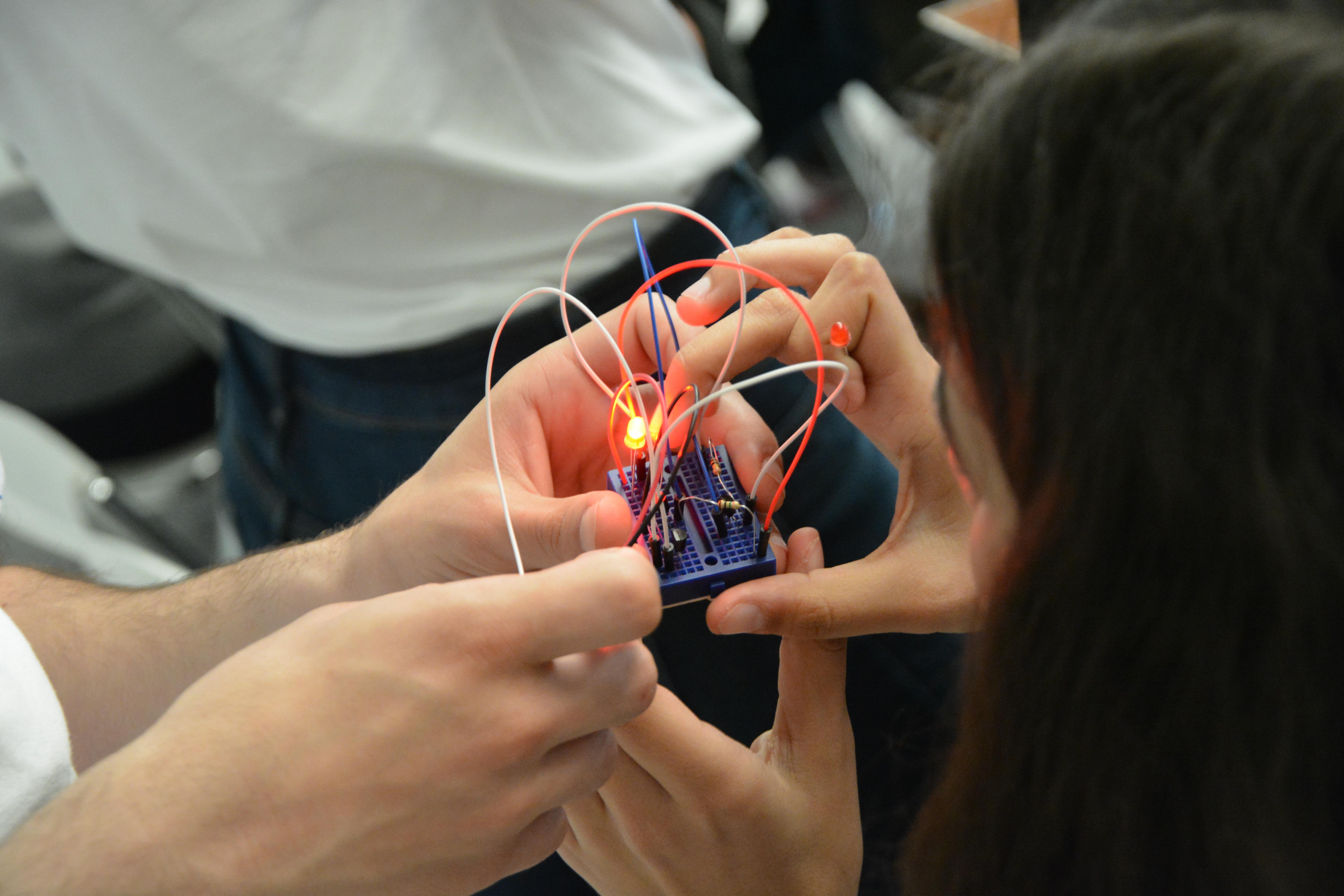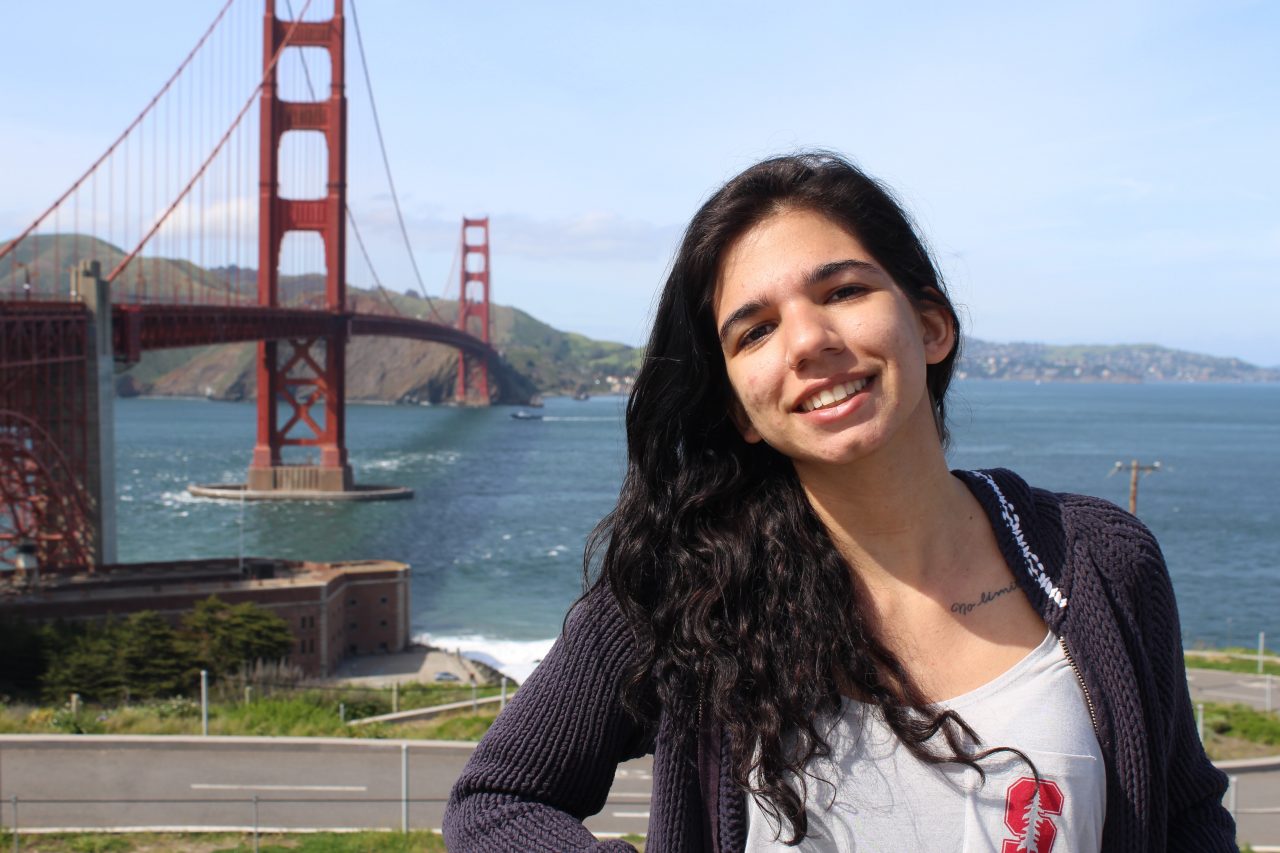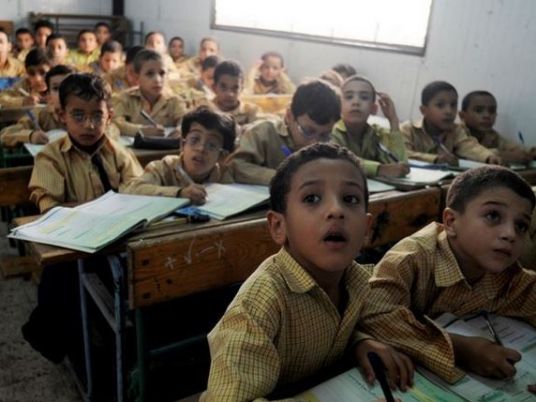
By Yannis Palaiologos for Kathimerini
Diana Voutyrakou has represented Greece at the World Robotic Olympiad several times, and she is one of the few females attending the School of Electrical Engineering at the National Technical University in Athens. Despite this impressive track record, she wanted to do more to challenge stereotypes against women in the sciences and close the gender gap in STEM education (Science, Technology, Engineering, Mathematics).
So in 2016, at age 21, she and a fellow student, Pavlos Simentis, co-founded Unique Minds, an NGO with a mission to inform high school pupils about their academic options and help them make the right decisions about what to study.
“Unique Minds was created because of the social stereotypes I experienced as a [female] high school student preparing my university application, in combination with the inability of the system to bring out the best in each pupil,” said Voutyrakou. “Though I was certain of my choice [of subject], it proved very hard to convince those around me about it. Everyone – family, friends, teachers – tried to get me to apply for other subjects, so that I’d be sure to get accepted somewhere.” She also felt that many other students in her university program did not share her enthusiasm for it. “They had chosen the school because their parents were engineers, or because they thought they could do well professionally and financially.”
Unique Minds fills an important gap in Greek education policy. Mary Papayanni was a high school senior when she found out about the organization. “I heard about them randomly, through Facebook,” she said, noting that her school did not offer academic orientation services. “At the Unique Minds event in Peristeri, I learned a lot about marketing as a course of study. It is important to ask people close to your age about what things are really like in each department. My fellow students at school and at after-school tutorials picked their university subjects based on the available job prospects during the years of economic crisis.”

Unique Minds’ activities fall into four categories. A Unibuddies platform connects pupils with students via online chats; YouTube videos feature student volunteers discussing their schools; UNIque Days events present university programs to high school pupils with interactive workshops; and professional orientation seminars highlight the importance of basing university applications on personal interests. Since late 2016, the organization has reached nearly 3,000 students through its live events, and its videos have attracted more than 21,000 views.
Voutyrakou believes that better information for high schoolers on the opportunities and challenges that come with each academic discipline is vital. But she knows that information alone won’t solve the problem of massive over-representation of men in STEM classes. “It is a problem that begins in the first grades of primary school,” she said, noting that in Greece, “the perception is shaped that girls should follow a theoretical academic direction, or study law or pedagogy, whereas boys should go into STEM.”
She feels the solution is purely a matter of education, “offering equal opportunities at school, encouraging girls to get into physics and math, familiarizing all pupils with the full range of prospects out there. People should be made aware that girls are no less innately suited to STEM than boys.”
Photo credits: Unique Minds




